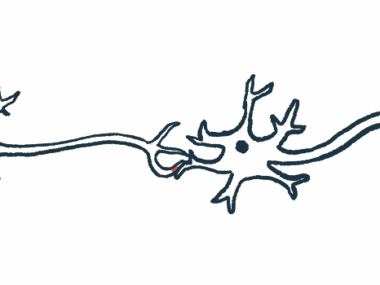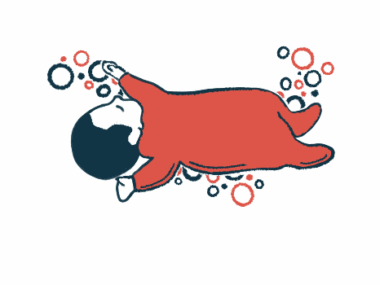Special Needs Siblings Are the Unsung Heroes
Written by |

The world of special needs parenting isn’t necessarily a club any of us signed up for. It’s one we were thrust into and had to accept to simply survive.
When you think about it though, an initiation into the special needs siblings club might be even sadder. Not only do you have to watch your sibling go through things you can’t relate to, but also the life of a special needs sibling changes completely the instant a diagnosis is received.
Austen is the youngest of my three children, and both her older siblings are neurotypical. Atlas is only 19 months older than Austen. He has never known life without seizures and medical equipment filling the corners of our home. Addi, on the other hand, was 7 when Austen’s seizures started. She had to quickly adapt to a drastically different life than she was used to.
From the moment Austen was born, Addi treated her like a little baby doll. She picked out her clothes and combed her hair. Austen was never out of Addi’s line of sight.
When Austen’s seizures started, Addi was scared. She started showing symptoms of anxiety and continuously asked us if Austen was going to die. At 7, she didn’t know exactly what was going on with her sister, but she knew it was serious.
We talked to their pediatrician as much about Addi’s experience as Austen’s. We were worried about Addi holding Austen, and Addi was scared to take her eyes off her sister, even when I was by her side.
The pediatrician told us that if Addi wanted to help we should let her, and that we could be honest and allow her to be involved as much as she could. I fought that idea at first, because who wants to put that kind of pressure on their child? Eventually, though, I gave in. Through the years, Addi (and now Atlas) have both shown themselves to be more capable than many adults I know.
Before, I would have Addi and Atlas sit in a room by themselves while Austen was seizing because I worried they would be traumatized if they saw it happening. Their pediatrician reminded me that the unknown might scare them more than actually seeing the seizure, so I looked for ways to involve them.
It started with letting Addi hold the pulse oximeter to Austen’s foot whenever she was seizing so that we could monitor her heart rate and oxygen levels. Then we taught her how to turn on and adjust our oxygen concentrator so that when Dad isn’t home, my hands can focus on keeping Austen safe or preparing medications. Now Addi works the oxygen concentrator while Atlas holds the pulse ox, and the three of us work as a team to get her through each seizure.
Not every seizure plays out like this, of course, and I don’t require the kids to help. I just allow them to if they want.
Letting them know what is going on has helped them outside of the home as well. Both of their teachers have told me how caring they are toward their fellow students, and both are the first to befriend any classmate with special needs. They are careful to treat their peers in the way they want Austen to be treated, no matter their circumstances. Even when Austen’s symptoms are reflected more in her behavior, like biting, than with seizures, they are often patient with her and softly correct the behavior.
The truth is that I wish my kids did not have to be members of the special needs siblings club. Their lives would be a lot easier if they weren’t. But this club has taught them so many things that I could not have taught them if we weren’t in this situation. They, and the world they create for themselves, will be better because of the experiences they have had with Austen and Dravet syndrome.
***
Note: Dravet Syndrome News is strictly a news and information website about the disease. It does not provide medical advice, diagnosis, or treatment. This content is not intended to be a substitute for professional medical advice, diagnosis, or treatment. Always seek the advice of your physician or other qualified health provider with any questions you may have regarding a medical condition. Never disregard professional medical advice or delay in seeking it because of something you have read on this website. The opinions expressed in this column are not those of Dravet Syndrome News or its parent company, Bionews, and are intended to spark discussion about issues pertaining to Dravet syndrome.






Leave a comment
Fill in the required fields to post. Your email address will not be published.